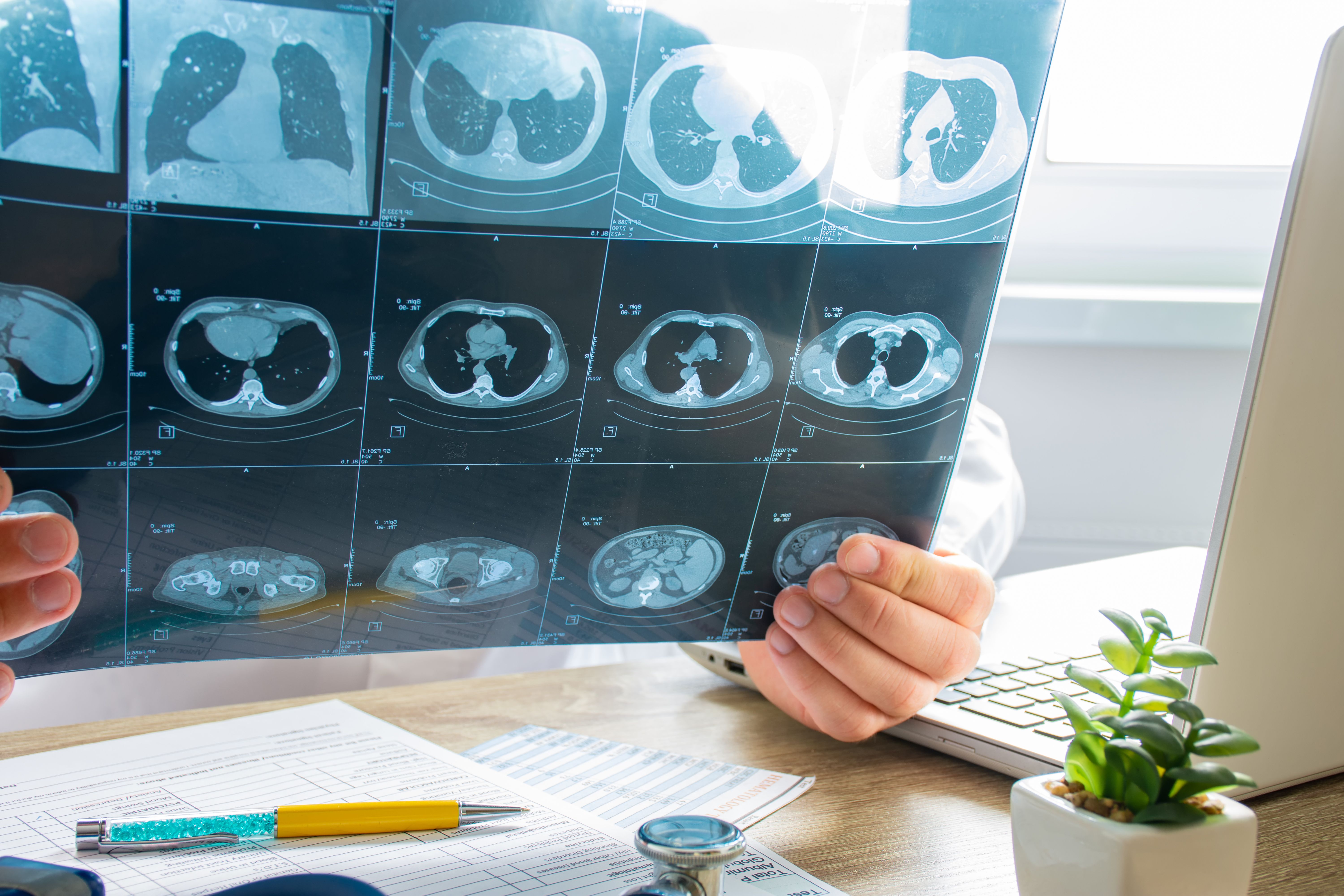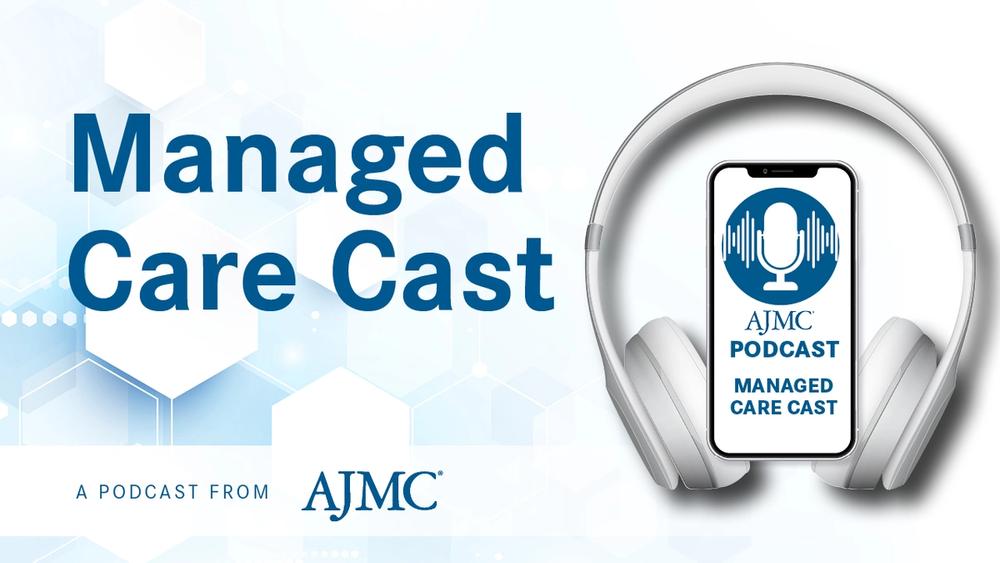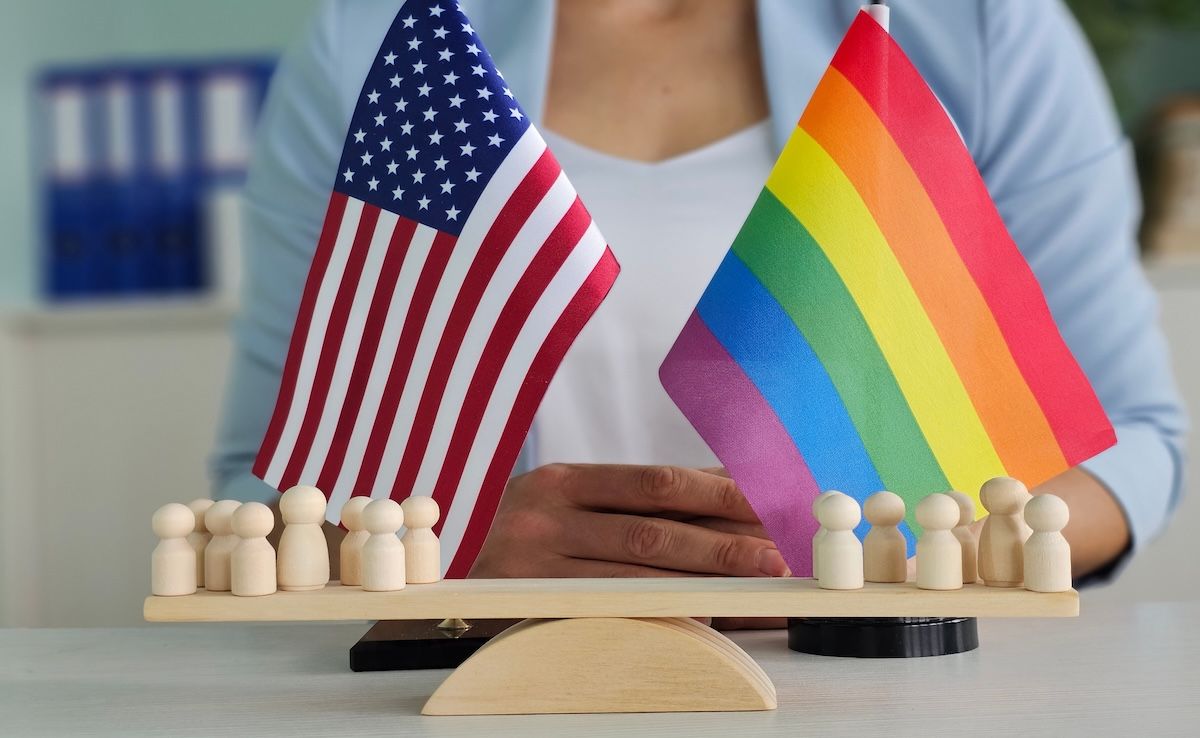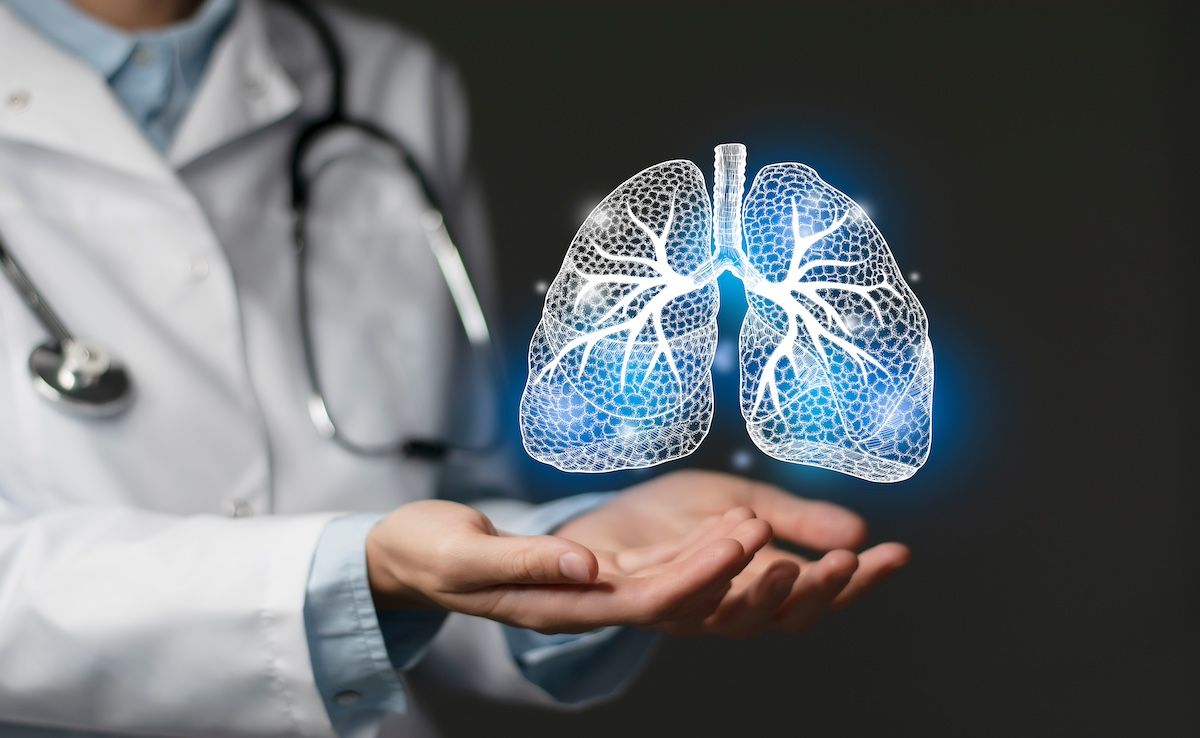Commentary
Article
Incorporating Discussions of Cannabis Use Into Oncology Care Visits
Author(s):
The legalization of recreational marijuana in Minnesota has created daily conversations about how to incorporate the use of cannabis into treatment plans for patients with cancer, explained Marie Parish, PharmD, BCOP, of Mayo Clinic.
Every day, Marie Parish, PharmD, BCOP, a gastrointestinal oncology pharmacist with Mayo Clinic, gets asked questions by patients and other providers about how to incorporate cannabis into patients’ treatment plans. Despite the growing interest and use, the fact that cannabis is still illegal federally means there remains a dearth of data, Parish said.
During a presentation at an Institute for Value-Based Medicine® event cohosted by The American Journal of Managed Care® and Mayo Clinic, Parish explained the mechanisms behind how cannabis works to manage pain, delivery mechanisms, and more.
Transcript
How has the legalization of recreational cannabis last year in Minnesota impacted interest from patients?
The number of questions that I get about cannabis, I mean, I don't think a day goes by where I don't get questions from either patients or providers about how to incorporate this into patients’ existing treatment plans. I think the issue is that, because it's still considered federally illegal—it's a Schedule I substance per the Controlled Substances Act—it is very, very challenging to get clinical trials off the ground. It's hard to get medical-grade product to test with. There's a ton of loopholes to go through with the DEA [Drug Enforcement Agency]. It's very expensive. So, while we're seeing an increased use in patients, kind of out in the community, we don't necessarily have the data to back that up. That's where we're kind of in limbo right now.
There's been discussion about rescheduling it from a Schedule I to a Schedule III. My hope is that once that happens, that will open the floodgates for well-designed, well-powered, randomized controlled trials that can give us the data that we're looking for, so we can find which patients would benefit the most, and then have safety and efficacy data to back all of that up.
With legalization and more people using it in the community, are there concerns that patients might start using it without discussing with their providers? How do you handle those conversations?
I have now incorporated into all of my patient care visits [that] I will ask them about their home medications. I will ask them about their allergies. And then my third question is, “Are you a medical or recreational cannabis user?” Most patients are actually pretty honest about it, and that allows me to open the door of a conversation. Sometimes they lie, but they ask questions about it, and I get the impression that they are taking it, but they're just not ready to be forthcoming with that, which is fine.
I think what's really important is, like I said earlier, I can tell a patient, “Don't do this,” but realistically, are they going to not do that? I don't know. So, where I find it's more beneficial is empowering them with the information to make the safe and appropriate choice for them. So, I'm not going to tell them, “Oh, you can't have any cannabis product,” but maybe [say], “Stay away from the inhaled products while you're on chemotherapy. Maybe go towards the edibles or topical products, if you need to.”
Giving them options that are safer rather than just giving absolute black and white, yes [or] no, I've found to be much more beneficial, and I feel like I've reached more patients that way.
Newsletter
Stay ahead of policy, cost, and value—subscribe to AJMC for expert insights at the intersection of clinical care and health economics.




